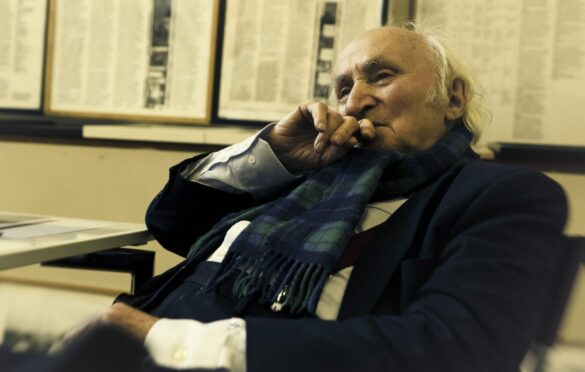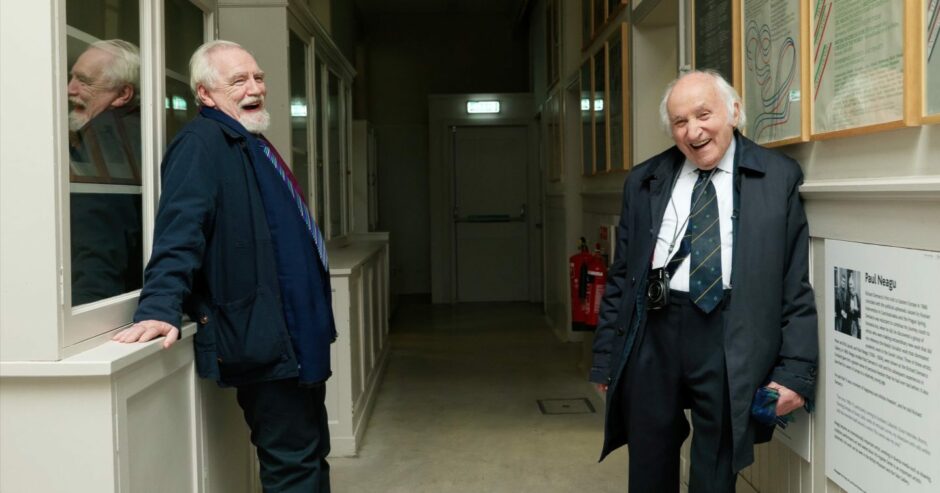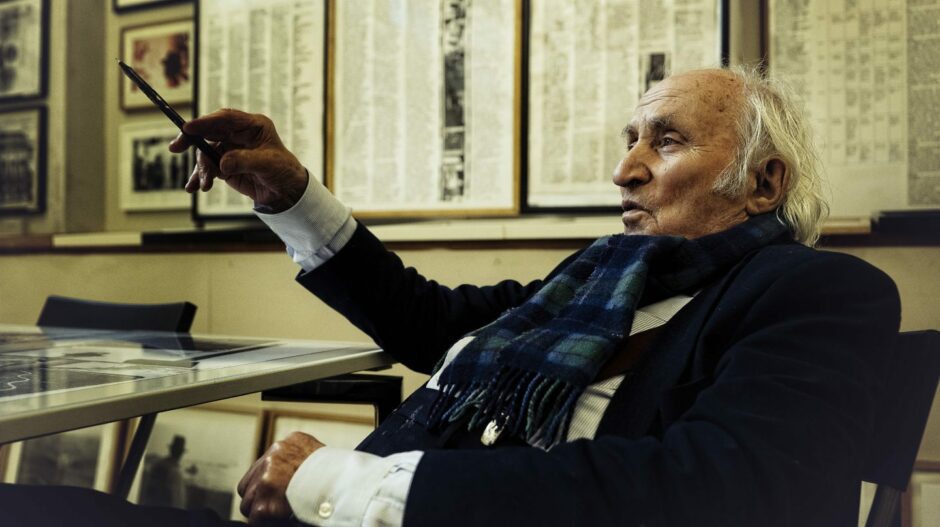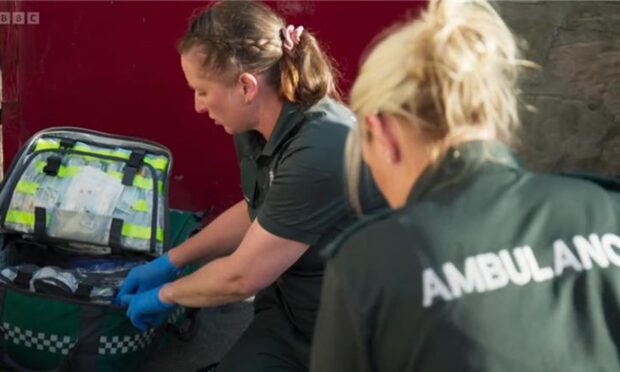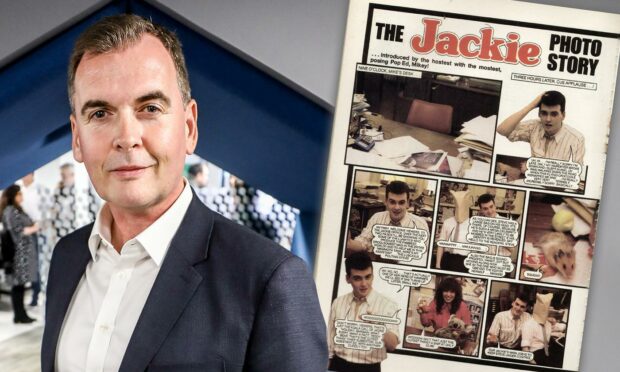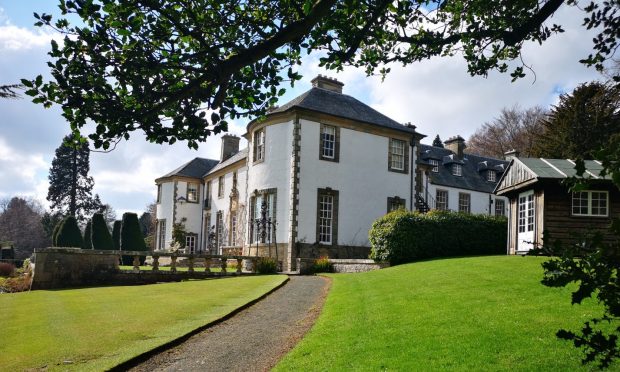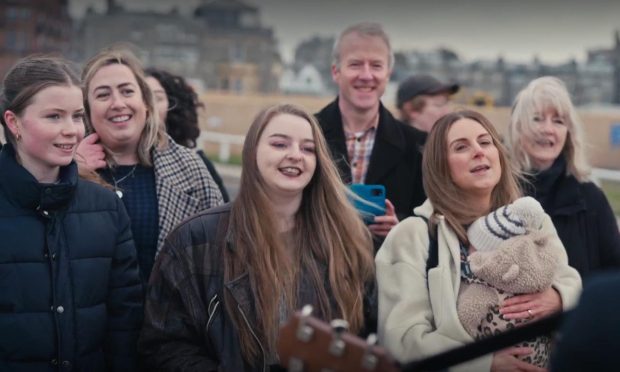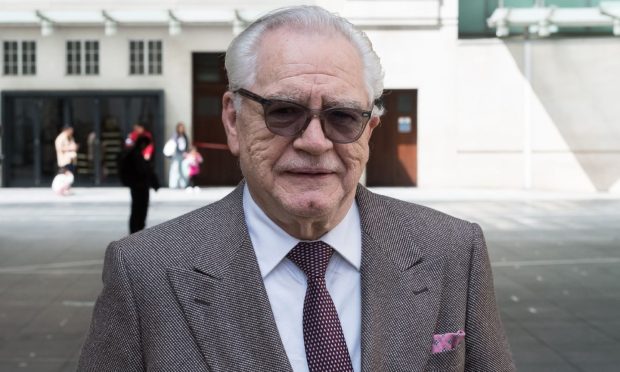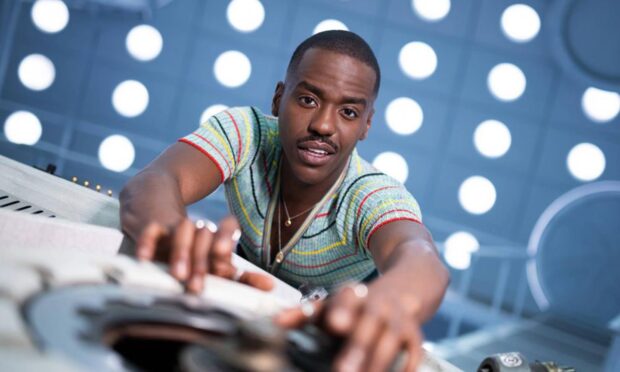There was a bit of Dundonian interest to this new documentary biography of Edinburgh arts impresario Richard Demarco.
It was narrated by and featured local boy and friend Brian Cox.
Not that anyone on Tayside might be overjoyed to hear Cox describe Edinburgh as his “spiritual home,” but the admiration for one another’s cities cuts both ways.
Demarco’s name has become synonymous with the Edinburgh Festival, which he’s attended since the first edition in 1947, when he was 17 years old.
How did that happen?
While Cox is waxing lyrical about Edinburgh, Demarco is wondering how on Earth the world’s most famous arts festival was ever born there.
It was a city, he says, of “lawyers, accountants, academics… people who hadn’t the faintest idea of what it means to be an artist.”
In expanding on his own love for the Celtic world, Demarco speaks fondly instead of the historic Irish migrant influence upon Dundee.
For anyone outside Edinburgh – outside Scotland, in fact – who doesn’t know of Demarco’s legend, then Marco Federici’s film Rico: The Richard Demarco Story (BBC Scotland) was an eye-opening account of an exceptionally unique and adventurous Scottish life.
The Scottish connection
It’s also a very special and necessary account of a particular aspect of Scottish art’s connection to the international art world, and Demarco’s role in promoting the truly adventurous, counter-cultural and barrier-breaking.
That it was broadcast on the eve of the Edinburgh Festival’s post-Covid reopening to something like full strength was no coincidence.
Born in Edinburgh in 1930 to Italian immigrants who fled from Mussolini’s regime, Demarco was raised in Portobello, on the banks of the Forth, and went to Edinburgh College of Art.
Sean Connery’s mate
As a young man he developed a lifelong friendship with his contemporary Sean Connery, and as the 1960s began he was one of a group of people involved in founding the challenging and controversial Traverse Theatre.
In 1966 he founded his own Demarco Gallery in the city, and from there his career as an arts impresario went stratospheric, especially every August when the eyes of the world are on Edinburgh.
His achievements are monumental – bringing post-war German modern art to the attention of the world with his Strategy: Get Arts exhibition in 1970, and travelling behind the Iron Curtain to bring now world-famous artists from Romania and Yugoslavia to the West.
Later on, he championed the cause of convicted murderer turned artist Jimmy Boyle.
Throughout his career the outsider has been a friend to Demarco, and he’s taken on the mantle himself, even as the establishment has followed where he’s led.
This film was made when Demarco was 90 – he recently turned 92 – and it showed him with a familiar intensity, often turning to address the camera with a fierce point directed at the viewer.
Demarco has amassed a monumental archive of art, photographs and ephemera devoted to the artists he’s encountered, currently stored at Summerhall in Edinburgh, and it’s his ambition to find a permanent home for it.
“Your life is full of detail,” points out Cox, amid this powerful story of a real original.
“I’ve hardly begun,” says the indefatigable Demarco, a note of impatience for the work still ahead in his voice.
